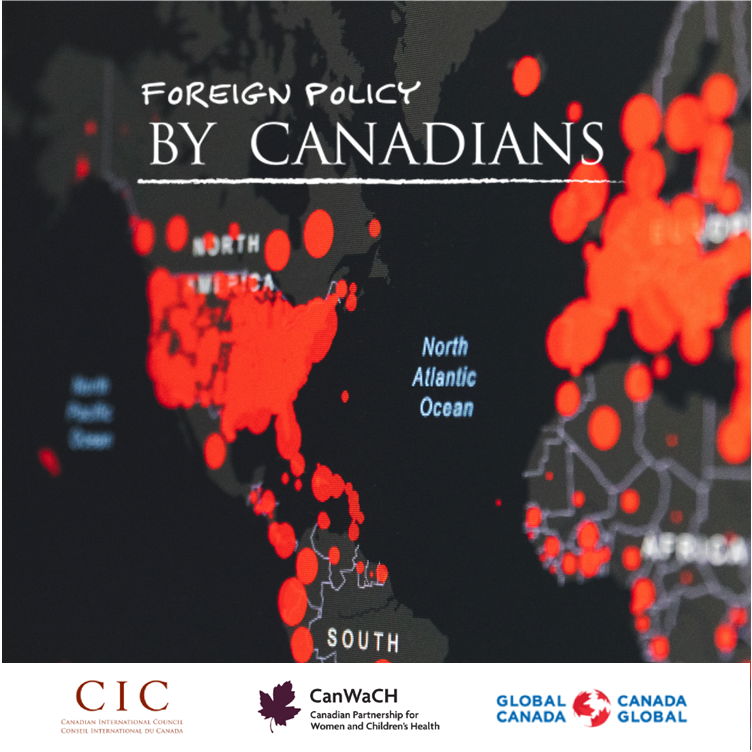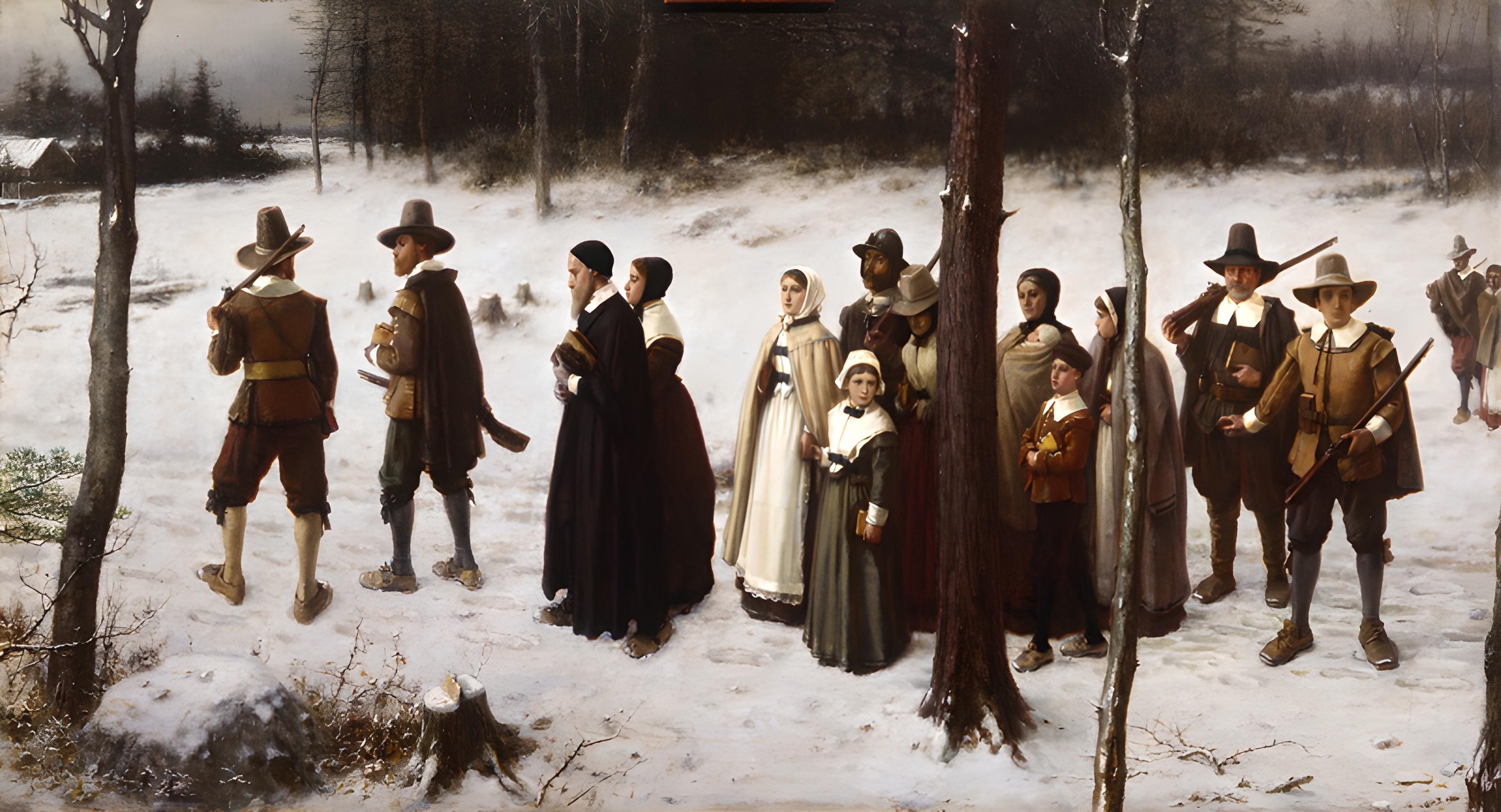|
Anti-intellectualism In American Life
''Anti-intellectualism in American Life'' is a book by Richard Hofstadter published in 1963 that won the 1964 Pulitzer Prize for General Non-Fiction. Summary In this book, Hofstadter set out to trace the social movements that altered the role of intellect in American society. In so doing, he explored questions regarding the purpose of education and whether the democratization of education altered that purpose and reshaped its form. Analysis In considering the historic tension between access to education and excellence in education, Hofstadter argued that both anti-intellectualism and utilitarianism were consequences, in part, of the democratization of knowledge. Moreover, he saw these themes as historically embedded in America's national fabric, resulting from its colonial European and evangelical Protestant heritage Heritage may refer to: History and society * A heritage asset is a preexisting thing of value today ** Cultural heritage is created by humans ** Natural her ... [...More Info...] [...Related Items...] OR: [Wikipedia] [Google] [Baidu] |
Richard Hofstadter
Richard Hofstadter (August 6, 1916October 24, 1970) was an American historian and public intellectual of the mid-20th century. Hofstadter was the DeWitt Clinton Professor of American History at Columbia University. Rejecting his earlier historical materialist approach to history, in the 1950s he came closer to the concept of "consensus history", and was epitomized by some of his admirers as the "iconic historian of postwar liberal consensus."Geary (2007), p. 429 Others see in his work an early critique of the one-dimensional society, as Hofstadter was equally critical of socialist and capitalist models of society, and bemoaned the "consensus" within the society as "bounded by the horizons of property and entrepreneurship", criticizing the "hegemonic liberal capitalist culture running throughout the course of American history". His most widely read works are ''Social Darwinism in American Thought, 1860–1915'' (1944); ''The American Political Tradition'' (1948); '' The Age of Re ... [...More Info...] [...Related Items...] OR: [Wikipedia] [Google] [Baidu] |
Democratization Of Knowledge
The democratization of knowledge is the acquisition and spread of knowledge amongst a wider part of the population, not just privileged elites such as clergy and academics. Libraries, in particular public libraries, and modern digital technology such as the Internet play a key role, as they provide the masses with open access to information. Over the centuries, the dissemination of information has risen to an unprecedented level. The start of this process can be marked from the printing press, the purpose of which was to spread information uniformly among the masses. Today, in a digitized world, the availability of online content outnumbers the information published in books, journals or in any print form. History The printing press was one of the early steps towards the democratization of knowledge. Another small example of this during the Industrial Revolution was the creation of libraries for miners in some Scottish villages in the 18th century. Wikipedia co-founder Larry S ... [...More Info...] [...Related Items...] OR: [Wikipedia] [Google] [Baidu] |
Sociology Books
This bibliography of sociology is a list of works, organized by subdiscipline, on the subject of sociology. Some of the works are selected from general anthologies of sociology, while other works are selected because they are notable enough to be mentioned in a general history of sociology or one of its subdisciplines.See Michie, Jonathan, ed. 2001. ''Reader's Guide to the Social Sciences''. Sociology studies society using various methods of empirical investigation to understand human social activity, from the micro level of individual agency and interaction to the macro level of systems and social structure. Foundations * Comte, Auguste. 1865. A_General_View_of_Positivism.html"_;"title="'A_General_View_of_Positivism">' 'A_General_View_of_Positivism''">A_General_View_of_Positivism.html"_;"title="'A_General_View_of_Positivism">'A_General_View_of_Positivism'' *Karl_Marx">Marx,_Karl._1867.__[''Das_Kapital.html" ;"title="A_General_View_of_Positivism'' *Karl_Marx.html" "tit ... [...More Info...] [...Related Items...] OR: [Wikipedia] [Google] [Baidu] |
Pulitzer Prize For General Non-Fiction-winning Works
Pulitzer may refer to: *Joseph Pulitzer, a 20th century media magnate * Pulitzer Prize, an annual U.S. journalism, literary, and music award *Pulitzer (surname) * Pulitzer, Inc., a U.S. newspaper chain *Pulitzer Center on Crisis Reporting, a non-profit organization for journalists See also *Politzer (other) *Politz (other) Politz or Pölitz may refer to: * Politz an der Elbe, a town in North Bohemia, now a district of Děčín, Czech Republic * Politz an der Mettau, a city in north Bohemia, Czech Republic * Politz Day School of Cherry Hill, a private Jewish school in ... * Pollitz, Germany {{disambig ... [...More Info...] [...Related Items...] OR: [Wikipedia] [Google] [Baidu] |
History Books About The United States
History (derived ) is the systematic study and the documentation of the human activity. The time period of event before the invention of writing systems is considered prehistory. "History" is an umbrella term comprising past events as well as the memory, discovery, collection, organization, presentation, and interpretation of these events. Historians seek knowledge of the past using historical sources such as written documents, oral accounts, art and material artifacts, and ecological markers. History is not complete and still has debatable mysteries. History is also an academic discipline which uses narrative to describe, examine, question, and analyze past events, and investigate their patterns of cause and effect. Historians often debate which narrative best explains an event, as well as the significance of different causes and effects. Historians also debate the nature of history as an end in itself, as well as its usefulness to give perspective on the problems of the p ... [...More Info...] [...Related Items...] OR: [Wikipedia] [Google] [Baidu] |
1963 Non-fiction Books
Events January * January 1 – Bogle–Chandler case: Commonwealth Scientific and Industrial Research Organisation scientist Dr. Gilbert Bogle and Mrs. Margaret Chandler are found dead (presumed poisoned), in bushland near the Lane Cove River, Sydney, Australia. * January 2 – Vietnam War – Battle of Ap Bac: The Viet Cong win their first major victory. * January 9 – A total penumbral lunar eclipse is visible in the Americas, Europe, Africa, and Asia, and is the 56th lunar eclipse of Lunar Saros 114. Gamma has a value of −1.01282. It occurs on the night between Wednesday, January 9 and Thursday, January 10, 1963. * January 13 – 1963 Togolese coup d'état: A military coup in Togo results in the installation of coup leader Emmanuel Bodjollé as president. * January 17 – A last quarter moon occurs between the penumbral lunar eclipse and the annular solar eclipse, only 12 hours, 29 minutes after apogee. * January 19 – Soviet spy Gheorg ... [...More Info...] [...Related Items...] OR: [Wikipedia] [Google] [Baidu] |
International Journal
The Canadian International Council (CIC; french: Conseil international du Canada, link=no) is a Canadian think tank on foreign relations. It is an independent, member-based council established to strengthen Canada's role in international affairs. Its goal is to advance debate on international issues across academic disciplines, policy areas, and economic sectors. The council is headquartered in Toronto, Ontario, with 18 volunteer-run branches across Canada. CIC branches offers CIC members speakers' programs, study groups, conferences, and seminars. Branches are located in Calgary, Edmonton, Halifax, Hamilton, Montreal, Ottawa, Nipissing ( North Bay), Prince George, Quebec, Regina, Saskatoon, Simcoe County, Thunder Bay, Toronto, Vancouver, Victoria, Waterloo, and Winnipeg. The volunteer-driven branches are the backbone of the organization. It's through the efforts of these many volunteers that the CIC engages Canadians from coast, to coast on current foreign affairs topics of i ... [...More Info...] [...Related Items...] OR: [Wikipedia] [Google] [Baidu] |
Rigour
Rigour (British English) or rigor (American English; American and British English spelling differences#-our, -or, see spelling differences) describes a condition of stiffness or strictness. These constraints may be environmentally imposed, such as "the rigours of famine"; logically imposed, such as mathematical proofs which must maintain Consistency, consistent answers; or socially imposed, such as the process of defining ethics and law. Etymology "Rigour" comes to English language, English through old French (13th c., Modern French language, French ''Wiktionary:fr:rigueur, rigueur'') meaning "stiffness", which itself is based on the Latin ''rigorem'' (nominative ''rigor'') "numbness, stiffness, hardness, firmness; roughness, rudeness", from the verb ''rigere'' "to be stiff". The noun was frequently used to describe a condition of strictness or stiffness, which arises from a situation or constraint either chosen or experienced passively. For example, the title of the book '' ... [...More Info...] [...Related Items...] OR: [Wikipedia] [Google] [Baidu] |
Protestantism In The United States
Protestantism is the largest grouping of Christians in the United States, with its combined denominations collectively comprising about 43% of the country's population (or 141 million people) in 2019. Other estimates suggest that 48.5% of the U.S. population (or 157 million people) is Protestant. Simultaneously, this corresponds to around 20% of the world's total Protestant population. The U.S. contains the largest Protestant population of any country in the world. Baptists comprise about one-third of American Protestants. The Southern Baptist Convention is the largest single Protestant denomination in the U.S., comprising one-tenth of American Protestants. Twelve of the original Thirteen Colonies were Protestant, with only Maryland having a sizable Catholic population due to Lord Baltimore's religious tolerance. The country's history is often traced back to the Pilgrim Fathers whose Brownist beliefs motivated their move from England to the New World. These English Dissenters, ... [...More Info...] [...Related Items...] OR: [Wikipedia] [Google] [Baidu] |
Tradition
A tradition is a belief or behavior (folk custom) passed down within a group or society with symbolic meaning or special significance with origins in the past. A component of cultural expressions and folklore, common examples include holidays or impractical but socially meaningful clothes (like lawyers' wigs or military officers' spurs), but the idea has also been applied to social norms such as greetings. Traditions can persist and evolve for thousands of years—the word ''tradition'' itself derives from the Latin ''tradere'' literally meaning to transmit, to hand over, to give for safekeeping. While it is commonly assumed that traditions have an ancient history, many traditions have been invented on purpose, whether that be political or cultural, over short periods of time. Various academic disciplines also use the word in a variety of ways. The phrase "according to tradition", or "by tradition", usually means that whatever information follows is known only by oral tradition, ... [...More Info...] [...Related Items...] OR: [Wikipedia] [Google] [Baidu] |
Protestantism
Protestantism is a branch of Christianity that follows the theological tenets of the Protestant Reformation, a movement that began seeking to reform the Catholic Church from within in the 16th century against what its followers perceived to be growing errors, abuses, and discrepancies within it. Protestantism emphasizes the Christian believer's justification by God in faith alone (') rather than by a combination of faith with good works as in Catholicism; the teaching that salvation comes by divine grace or "unmerited favor" only ('); the priesthood of all faithful believers in the Church; and the ''sola scriptura'' ("scripture alone") that posits the Bible as the sole infallible source of authority for Christian faith and practice. Most Protestants, with the exception of Anglo-Papalism, reject the Catholic doctrine of papal supremacy, but disagree among themselves regarding the number of sacraments, the real presence of Christ in the Eucharist, and matters of ecclesiast ... [...More Info...] [...Related Items...] OR: [Wikipedia] [Google] [Baidu] |
Evangelicalism
Evangelicalism (), also called evangelical Christianity or evangelical Protestantism, is a worldwide interdenominational movement within Protestant Christianity that affirms the centrality of being " born again", in which an individual experiences personal conversion; the authority of the Bible as God's revelation to humanity (biblical inerrancy); and spreading the Christian message. The word ''evangelical'' comes from the Greek (''euangelion'') word for " good news". Its origins are usually traced to 1738, with various theological streams contributing to its foundation, including Pietism and Radical Pietism, Puritanism, Quakerism, Presbyterianism and Moravianism (in particular its bishop Nicolaus Zinzendorf and his community at Herrnhut).Brian Stiller, ''Evangelicals Around the World: A Global Handbook for the 21st Century'', Thomas Nelson, USA, 2015, pp. 28, 90. Preeminently, John Wesley and other early Methodists were at the root of sparking this new movement during the ... [...More Info...] [...Related Items...] OR: [Wikipedia] [Google] [Baidu] |
.jpg)





.jpg)